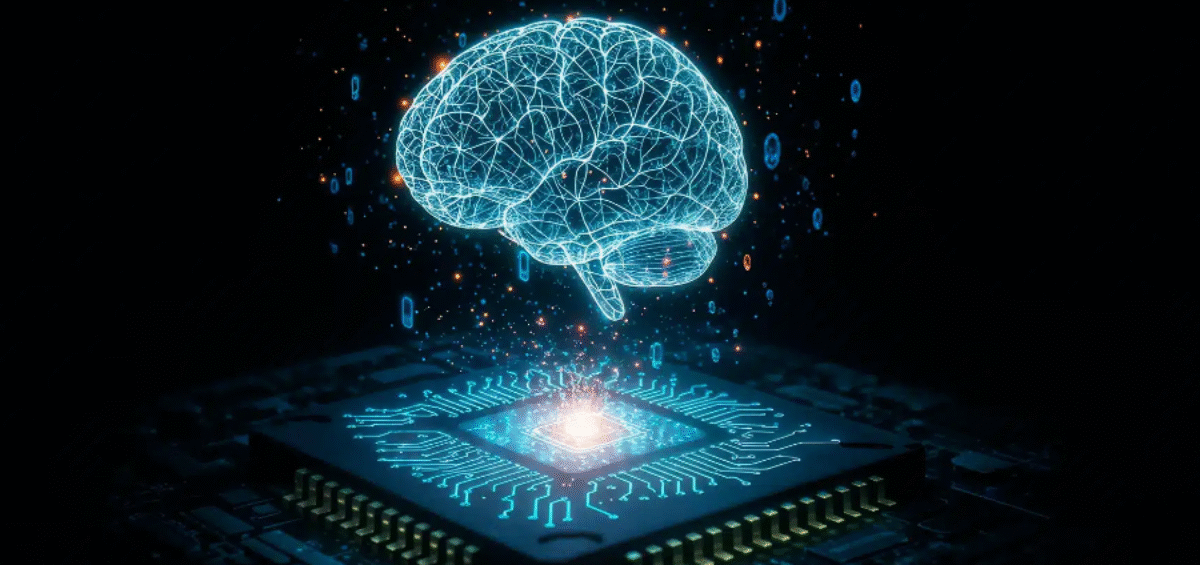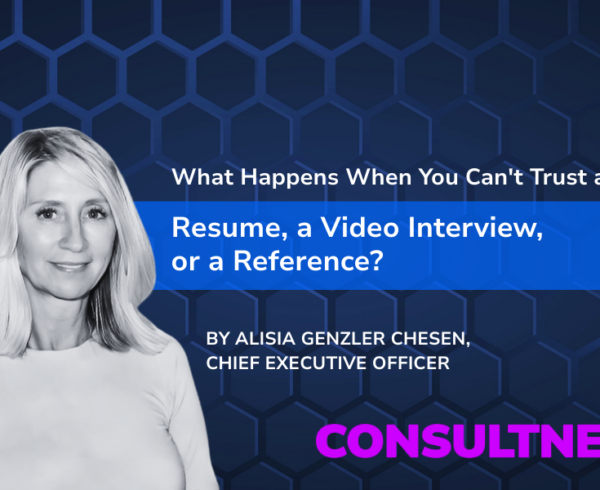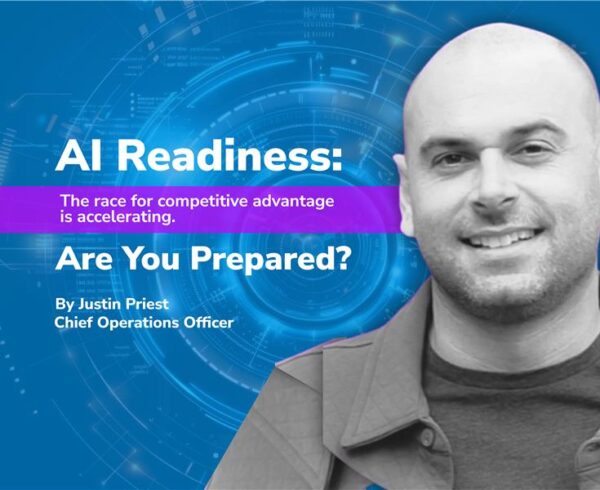“Many fear AI will replace jobs. The real story? It’s augmenting them.”
That’s the message I find myself repeating in every client conversation lately. Whether I’m talking to a CTO, a hiring manager, or a founder building their dev team from scratch, the concern is the same: “What roles do I actually need now that AI is in the mix?”
And the answer isn’t simple, but it is clear: AI is changing the game. Not by replacing people outright, but by transforming how teams operate, what skill sets you need, and how you should approach hiring.
YOU DON’T NEED FEWER ENGINEERS. YOU NEED DIFFERENT ONES.
If you’re still hiring like it’s 2019, loading up on junior devs to tackle repetitive code tasks, it’s time to rethink your model.
AI has reached the point where many tasks previously assigned to entry-level and mid-level engineers can now be automated. Tools like GitHub Copilot, CodeWhisperer, and ChatGPT are reducing time spent on boilerplate code, testing, and documentation.
Accenture estimates 40% of working hours in software engineering could be impacted by generative AI. That’s not a reason to shrink your team, it’s a reason to rebalance it.
You now need engineers who can:
-
- Validate and integrate AI-generated code
-
- Solve architecture and scalability challenges
-
- Optimize performance in real-world environments
-
- Ensure security, compliance, and edge-case resilience
The value has shifted from pure output to high-context judgment and collaboration.
YOUR TEAM STRATEGY HAS TO EVOLVE—FAST
AI isn’t just changing individual tasks. It’s changing how you should structure your teams and think about productivity.
We’re seeing forward-thinking companies redesign their org charts around hybrid AI-human workflows, where AI handles repetitive tasks and engineers manage orchestration, optimization, and oversight. In this model, your hiring strategy needs to prioritize:
-
- AI FLUENCY: Engineers who are comfortable using, customizing, and overseeing AI tools
-
- CROSS-FUNCTIONAL AGILITY: People who can collaborate across product, data, and business functions
-
- STRATEGIC THINKING: Talent that can look beyond code to solve business problems with tech
-
- UPSKILLING READINESS: Individuals who are actively learning and adapting and not just experts in what was relevant five years ago
Gartner reports that 75% of developers will use AI coding assistants daily within a couple of years, but how that translates to productivity and impact depends entirely on how you structure and support your teams.
WHAT WE’RE ADVISING CLIENTS TO DO RIGHT NOW
If you’re building or scaling a tech team, here’s what we’re telling clients in this moment of AI-driven change:
-
- AUDIT YOUR CURRENT TEAM COMPOSITION
Ask: What tasks are still manual? What can be offloaded to AI? Where are we under-leveraged in strategic decision-making, design, or integration? - RETHINK ENTRY-LEVEL HIRING
Consider how junior hires will gain experience when AI is doing the foundational work. Pair them with mentors, invest in training, and give them projects that grow system-level thinking. - SHIFT YOUR HIRING LENS FROM ROLES TO CAPABILITIES
Instead of asking “Do we need a front-end dev or back-end dev?” ask “Do we have people who can solve complex problems with AI in the loop?” Then hire for that. - INVEST IN LEARNING AND INTERNAL MOBILITY
The most successful teams aren’t just hiring externally. They’re helping existing talent evolve—into AI architects, integration specialists, and human-in-the-loop reviewers. - BALANCE SPEED WITH GOVERNANCE
AI can make you faster. But without oversight, it can also introduce risk. Hire people who know how to maintain compliance, test thoroughly, and apply ethical frameworks to automated output.
- AUDIT YOUR CURRENT TEAM COMPOSITION
AI IS A FORCE MULTIPLIER—BUT ONLY IF YOU BUILD THE RIGHT TEAM AROUND IT
According to McKinsey, while nearly 78% of companies now use AI in at least one business function, only 15% report that generative AI contributes meaningfully. But the real competitive advantage doesn’t come from tools alone—it comes down to how you build, structure, and empower your teams. Leading the next wave of digital transformation means rethinking roles, reallocating talent to higher-value work, and building smarter, more adaptive teams that grow with the technology.
AI won’t replace software engineers. But the companies that know how to hire for AI-augmented environments, who prioritize function, fit, and future-focus, will absolutely outperform those that don’t. The future of tech isn’t just built with code. It’s built with strategy.
And that strategy—you guessed it—starts with your people.






